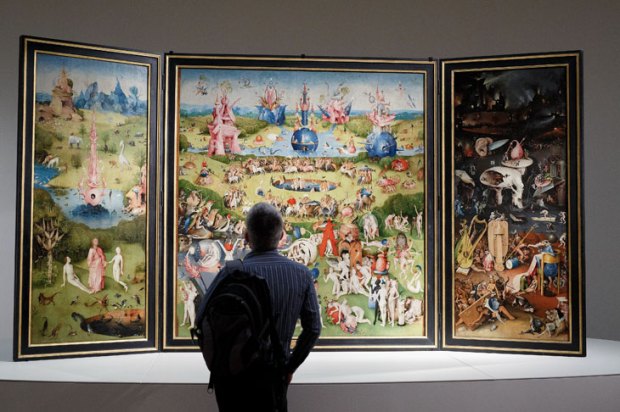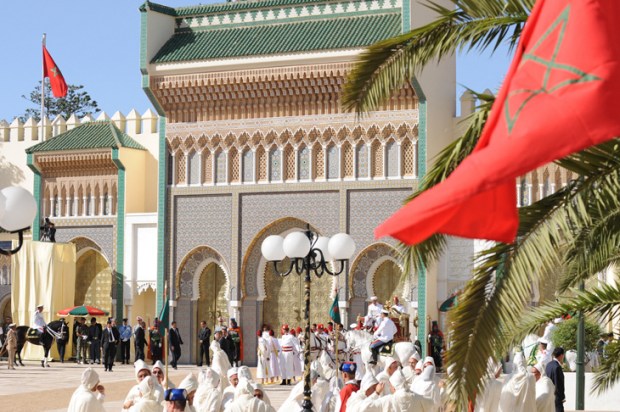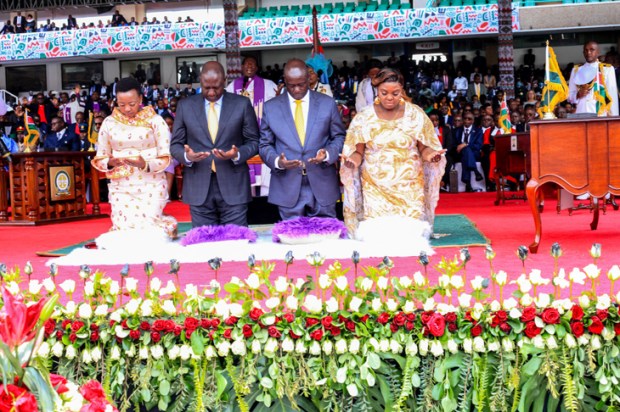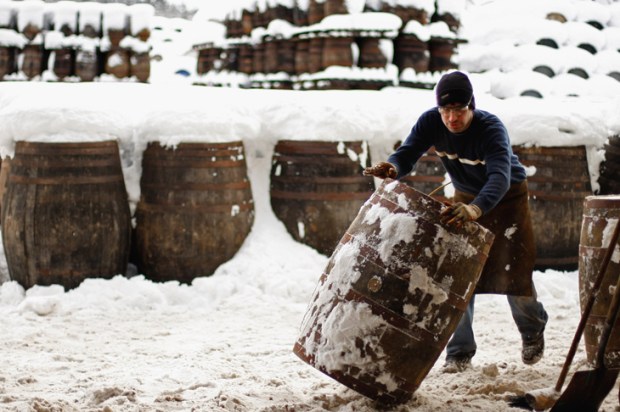It’s time to try my hand at currency exchange with the tourist touts of Zimbabwe. I manage to get one billion to one. I buy the $100,000,000,000 Zimbabwe note for one US dollar. But a billion doesn’t go as far as it used to in Zimbabwe. If I had been prepared to do a little volume, say $5 US, I could have got the 100 trillion dollar note with several other trillion/billion dollar notes thrown in as spare change. Back in 1980 when Zimbabwe achieved majority rule the Zim Dollar was worth more than the US dollar. Hyperinflation makes you trillions of dollars richer.
‘How did people cope with hyperinflation?’ I ask the local travel agent. ‘You spend a large part of each day withdrawing money from the bank and spending it as quickly as possible’ was the reply. It had its benefits. The agent told me the story of a man who was taking a wheelbarrow of cash from the bank. He was set upon by a mugger who demanded he hand over his valuables. ‘Take the cash, it’s all yours’ the man said. ‘Who wants the cash, it’s the wheelbarrow I’m after’ says the mugger.
The trouble with those trillions of Zim dollars is that no-one will now take them. Some stores might take South African rand, but the rest of the country runs on the greenback. When it comes to money, the public of Zim puts its faith in good old Uncle Sam. To generate the US dollars needed to keep the economy functioning, the country is exporting people – skilled Zimbabweans – to earn foreign exchange which they remit back to the country to support their families. It seems to work, but I doubt it was the economic model the liberation movement had in mind when it was fighting to oust the minority Rhodesian regime.
He is out of the country at the time of my visit, but the country’s President is ubiquitous with official portraits hanging in all government buildings and hotels proclaiming ‘His Excellency, President of the Republic of Zimbabwe Cde Robert Gabriel Mugabe’. The comrade bit is nice and gives the government a friendly, personal, touch. Comrade Mugabe is now entering his 35th year in office. There has never been another leader since he came to power. And it is clear from the government press that he is doing a very good job. Various state agencies and private businesses take out lavish newspaper advertisements to congratulate him on his achievements. One of my hardest jobs as a local MP was to give out the prizes at the local primary schools. As is the case in the modern education system, every child would win a prize for something. By the end of the night, after presenting hundreds of prizes, I would run out of adjectives to describe how wonderful each student had been and how worthy they were of recognition. That’s why I found the Zimbabwean press so inspirational. After 35 years they are still coming up with new superlatives to describe the President’s achievements.
If you are at a loose end in Harare on New Year’s Eve what better place to spend it than Meikles Luxury Hotel? Here the new rich of Zimbabwe boogie along with a smattering of old hands who have probably been frequenting the hotel since the days of Ian Smith. In fact one of the (white) guests accidently refers to the square next to the hotel – African Unity Square – as ‘Cecil Square’, which it was a long time ago when it was laid out in the shape of the union jack and named after Cecil John Rhodes. Miekles has a nice touch of bringing the new Zimbabwe together with the old. A highland band of (black) schoolboys fitted out with kilts and bagpipes plays ‘Auld Lang Syne’ to welcome in the New Year. The Zimbabweans I meet are exceptionally polite and friendly. They have fantastic names. At one hotel the receptionist is called ‘Praise’, the waiter is ‘Talent’, the cashier ‘Mercy’ and the guy who brought the drinks is named ‘Treasure’ which he certainly was. Our safari guide was named ‘Daffy’ which he certainly wasn’t.
The National Parks are simply stunning. One of the things Zimbabwe has done extremely well is set aside large tracts of land to preserve the habitat of Africa’s famed exotic big game. Daffy seems to know the sleeping patterns, mating habits, life expectancy, and individual markings of every creature imaginable. A stationary group of giraffes is called a ‘tower of giraffes’ but a moving group a ‘journey of giraffes’. We take lots of water when we are driving the main roads of Zimbabwe. It requires patience because there are frequent police roadblocks which stop all the traffic. We encounter seven roadblocks over one 150km stretch. The police can fine you for any number of defects in the condition of your car. In Zimbabwe you also need an annual licence if you own a radio. Since each car has a radio, each car needs a radio permit as well as registration, insurance, roadworthy certificate etc. The police can issue a fine for any defect in the car or its permits. But they seem to be quite flexible about how they enforce these rules. It’s hot and dry work. Quite often they ask only for a bottle of water which seems to smooth our progress.
Back in Harare there is a monument to the revolution that ended white rule and ushered in the new Zimbabwe. It shows Comrade Mugabe in the style of Mao and Lenin leading the masses to freedom. The heroes of the revolution and relatives of the President are buried here. The national monument is known as Heroes Acre. I have visited revolutionaries lying in state from Ho Chi Minh in Hanoi to Chairman Mao in Tiananmen Square. I couldn’t help feeling, as I stand here, that some corner of the Heroes Acre might be reserved for a mausoleum. It’s a tough gig being President for Life. I think the citizens of Zimbabwe will want to recognize that when it finally comes to an end.
Got something to add? Join the discussion and comment below.
Get 10 issues for just $10
Subscribe to The Spectator Australia today for the next 10 magazine issues, plus full online access, for just $10.
You might disagree with half of it, but you’ll enjoy reading all of it. Try your first month for free, then just $2 a week for the remainder of your first year.













Comments
Don't miss out
Join the conversation with other Spectator Australia readers. Subscribe to leave a comment.
SUBSCRIBEAlready a subscriber? Log in